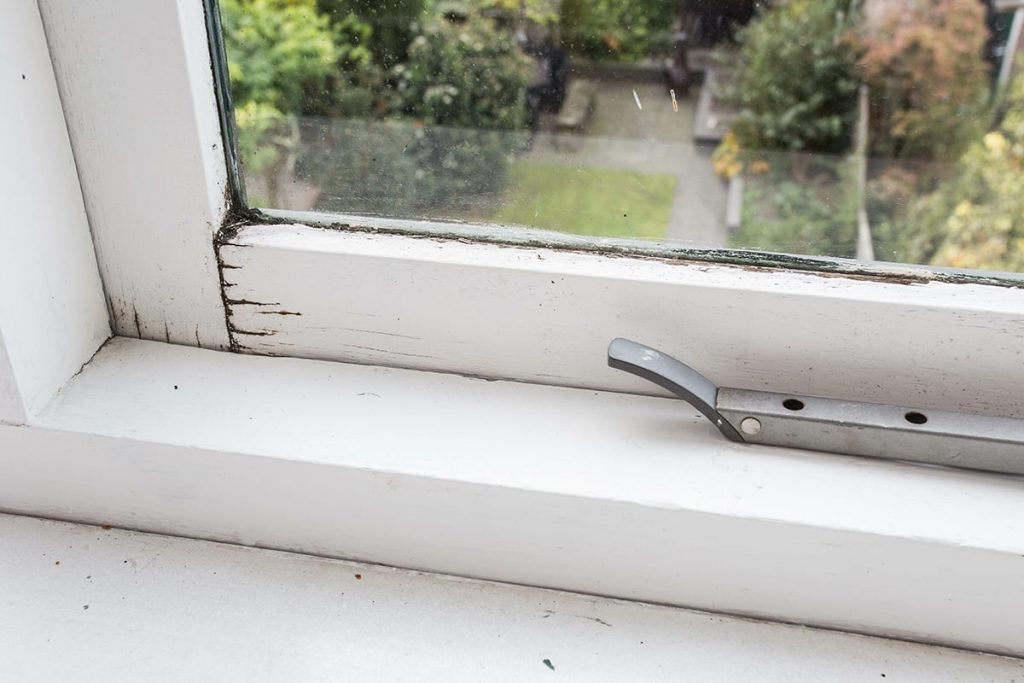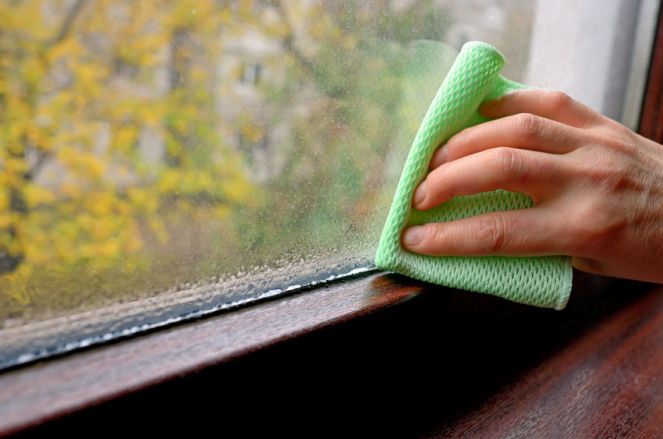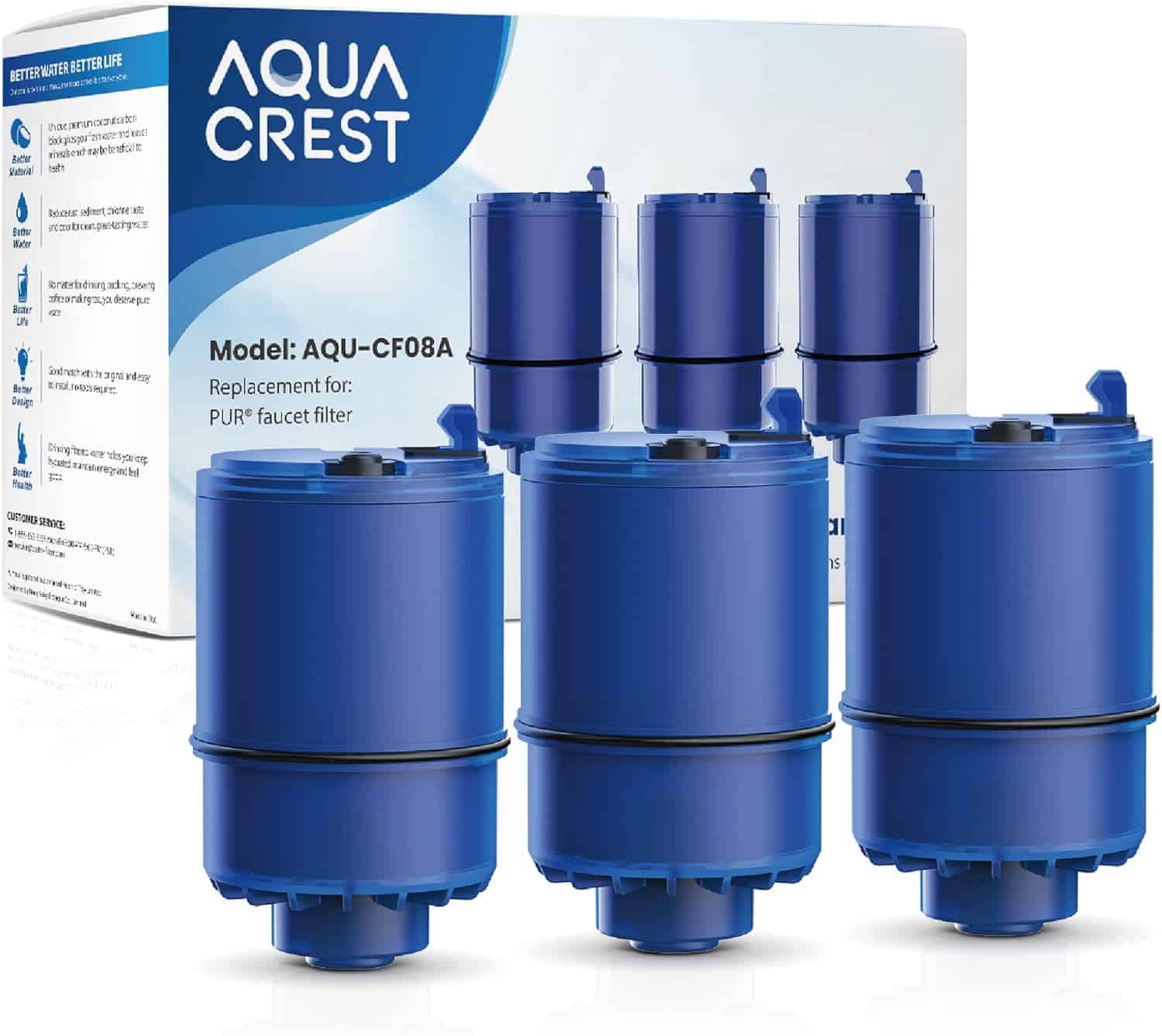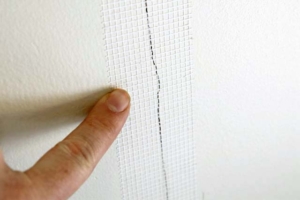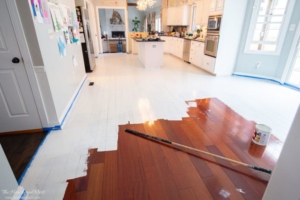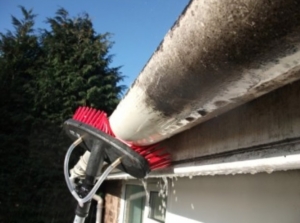Guide to Window Seal Repair
When your home’s windows start to show signs of wear and tear, like drafts or condensation between the panes, it might be time to consider window seal repair. Neglecting these issues can lead to energy inefficiency and potential water damage, impacting both your comfort and your wallet. But fret not, as repairing window seals can help restore your home’s insulation and prevent further damage.
So, if you’re tired of dealing with chilly drafts seeping through your windows or noticing foggy glass obstructing your view, read on to discover how window seal repair can rejuvenate your home’s appearance and functionality. It’s time to bid farewell to those pesky window issues and welcome back a cozy and well-insulated living space.
Understanding Window Seal Damage
Causes of Window Seal Damage
- Age: Over time, window seals can deteriorate due to regular wear and tear, especially in older homes.
- Exposure to Harsh Weather: Extreme weather conditions like heavy rain, snow, and direct sunlight can weaken window seals.
- Poor Installation: Incorrect installation of windows can lead to premature seal damage, allowing moisture and air to seep through.
- Lack of Maintenance: Neglecting regular maintenance, such as cleaning and inspection, can contribute to seal degradation.
Signs of Window Seal Damage
- Condensation Between Panes: Moisture buildup or fogging between the window panes is a common indicator of seal failure.
- Drafts or Air Leaks: Feeling drafts near windows or experiencing noticeable air leaks when windows are closed suggest seal damage.
- Water Intrusion: Water seeping into the interior around the window frame or on the sill indicates compromised seals.
- Increased Energy Bills: Escalating energy costs without a reasonable explanation could be due to inefficient window seals.
- Visible Decay: Cracked, peeling, or discolored sealant around the window frame may signal seal deterioration.
DIY Window Seal Repair Techniques
Cleaning the Window Seal
Start by removing any dirt, debris, or mold buildup from the window seal. Use a mixture of mild soap and water to gently scrub the seal with a soft brush or cloth. Ensure that the seal is completely dry before moving on to the next step. Cleaning the window seal regularly can prevent deterioration and prolong its lifespan.
Applying Sealant to Repair Small Cracks
Inspect the window seal for any small cracks or gaps that may be letting air or moisture seep through. Apply a silicone-based sealant using a caulking gun to fill in these cracks. Smooth the sealant using a putty knife for a neat finish. Sealant helps to reinforce the integrity of the window seal and prevent further damage.
Replacing the Window Seal
If your window seal is severely damaged or beyond repair, you may need to consider replacing it. Start by carefully removing the old seal using a putty knife or scraper. Measure the dimensions of the window frame and obtain a new seal of the appropriate size. Install the new seal by pressing it firmly into place, ensuring a snug fit around the edges. Replacement of the window seal can significantly improve insulation and prevent leaks.
Professional Window Seal Repair Options
Hiring a Window Repair Specialist
When it comes to fixing faulty window seals, hiring a professional window repair specialist is recommended. These experts have the knowledge and experience to accurately diagnose the issue and provide effective solutions. By entrusting the repair to a specialist, you can ensure that the job is done correctly and efficiently, ultimately saving you time and potential headaches down the road.
Window repair specialists also have access to specialized tools and materials that may not be readily available to the average homeowner. This can result in a more durable and long-lasting repair, extending the lifespan of your windows. Additionally, working with a professional can provide you with valuable insights on how to better maintain your windows to prevent future seal issues.
Cost Considerations for Professional Repair
When considering professional window seal repair, it’s essential to factor in the costs associated with the service. The overall cost of the repair can vary depending on factors such as the extent of the damage, the type of window seals being used, and the complexity of the repair process.
Before committing to a professional repair service, it’s advisable to obtain quotes from multiple specialists to compare pricing and services offered. This can help you make an informed decision and select a repair specialist that aligns with your budget and requirements.
Preventive Measures to Avoid Window Seal Damage
Regular Maintenance Tips
Regularly inspecting your window seals can help identify potential issues before they escalate into costly repairs. Check for any signs of wear, such as cracks, gaps, or peeling caulk, and address them promptly. Clean your window seals regularly with a mild detergent and water to prevent dirt and debris buildup that can damage the seals over time.
Protective Coatings for Window Seals
Applying protective coatings to your window seals can provide an extra layer of defense against the elements and help prolong their lifespan. Look for specialized sealants or coatings designed specifically for window seals and follow the manufacturer’s instructions for application.
These coatings can help repel water, UV rays, and other environmental factors that can cause damage to your window seals over time. By investing in protective coatings, you can enhance the durability of your window seals and reduce the risk of premature deterioration.
FAQ
- Weatherstripping vs. Window Seals: Weatherstripping seals gaps between the window sash and frame, while window seals hold gas between glass panes.
- Replacing Window Seals: Fixing a failed seal is more complex than replacing a rubber seal. Consider replacing the IGU if the window is not too old.
- Cost of Resealing Windows: Window specialists may charge between $70 and $245 or more based on factors like window size and extent of repairs.


